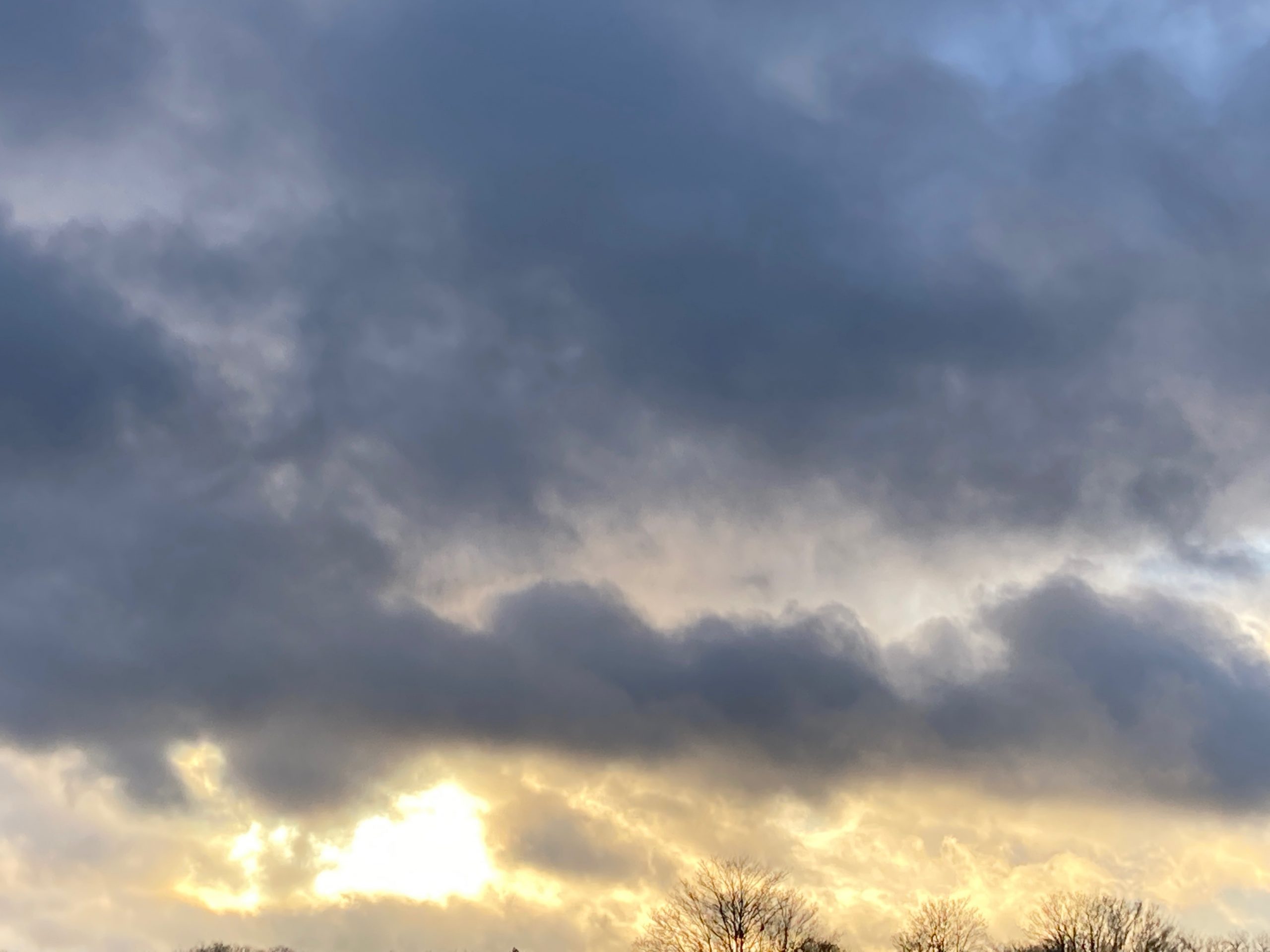Today is the first Full Moon of the year, of January and indeed the decade (according to one school of thought anyway). It is also the Wolf Moon.
It was still morning when it made its presence known. Body and mind in sync with the ebb and flow of its lunacy.
I go outside to howl at it as it approaches its zenith (7.16pm UK time), in honour of the wolves after which it is mythologised, but there is currently a thick blanket of cloud hiding its aura.
According to Native American lore, wolves called out in hunger around this time when food sources were running low, although wolves do howl for a number of reasons.
Although there are no wolves in these parts – wolves are thought to have become extinct in the UK sometime in the 17th century although some bodies argue for the reintroduction of predators such as wolves and lynxes as part of future re-wilding projects – the moon is visible from most parts of the British Isles, even as we are forced to stay indoors.
We can choose to deepen our connection with it just as we can choose to deepen our connection with nature in general. This is the one of the few upsides of the pandemic: we have been given a rare opportunity to look more closely at the world we live in, the world we have shaped and hopefully there we can make some positive changes to balance out the current gloom.
Full moons happen when the moon is directly opposite the sun in its orbit around the Earth, approximately every 27 1/2 days (the time it takes for it to rotate around our planet). This alignment, known as syzygy (the alignment of three celestial bodies) causes the moon to be fully lit up to we humans down below.
As our own planet turns on its axis (a full rotation taking approximately 24 hours) so the full moon shines it light on different parts of the world. As the Earth orbits around the sun every 365 1/4 days and the Earth tilts as it does so, thus we experience the seasons.
It’s a strangely calming phenomenon to get your head around. That no matter how still you lie, however much we are locked down, the world is still turning, as are the sun and the moon.
As I write the many foxes in our garden begin their evening call. I check the clock: 7.18pm. I can see a pair of mischievous eyes glowing in the dark from a favourite spot on the wall. I’m sure Mr Fox and his friends will have a wild time tonight. Someone has to keep the party going.
As I write So Long Marianne comes on the radio, one of my favourite songs. One day “we will laugh and cry and cry and laugh about it all again”, I’m sure. For tonight, I’m anchoring myself to the light of the moon.

